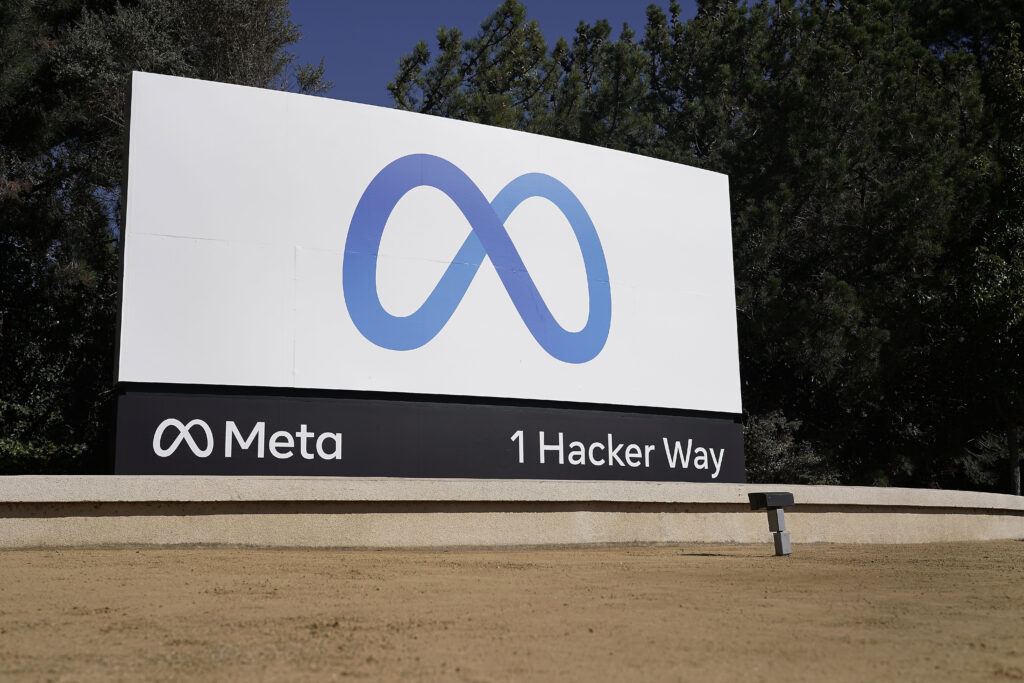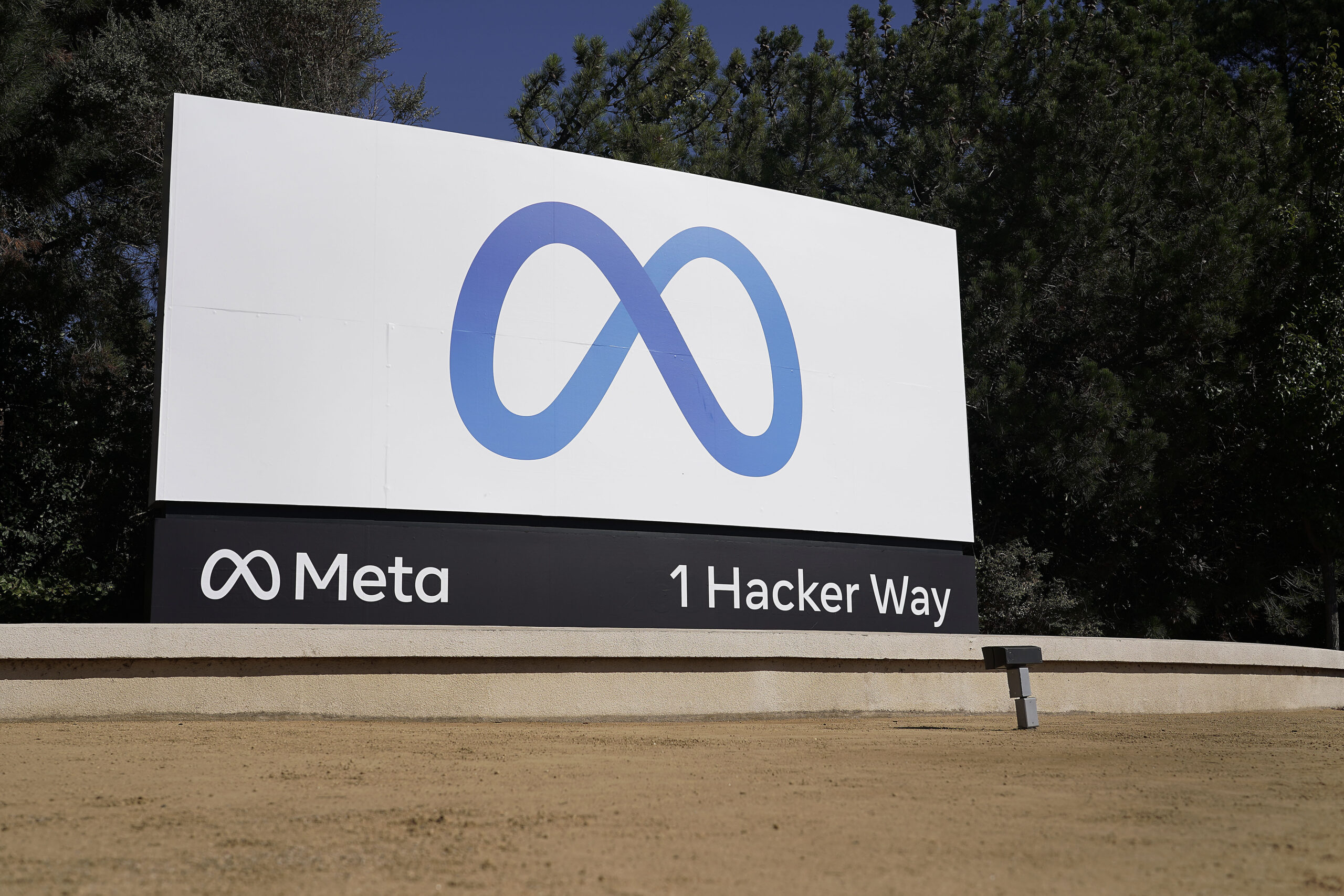NAIROBI, Kenya (AP) — Meta, Facebook’s parent company, and 184 of its content moderators who were based in Kenya agreed Wednesday on a mediation attempt to settle out of court.
Last year, the moderators — from several African countries — filed a lawsuit against the social media giant and its outsourcing firm, Sama, seeking $1.6 billion in compensation, alleging poor working conditions, including insufficient mental health support and low pay.
The Employment and Labor Relations court said they have 21 days to reach a settlement and that former Kenyan Chief Justice Willy Mutunga and Labor Commissioner, Hellen Apiyo would co-mediate the dispute.

The moderators were employed via Sama, a San Francisco subcontractor that describes itself as an ethical AI company, to work in its hub in the capital, Nairobi. Their job entailed screening user content in 12 African languages and removing any uploads deemed to breach Facebook’s community standards and terms of service.
Some of the moderators previously told The Associated Press that their job as content moderators required them to watch horrific content for eight hours a day that would overwhelm many of them while being paid 60,000 Kenyan shillings, or roughly $414 U.S. dollars a month. They accused Sama of doing little to ensure post-traumatic professional counseling was offered.
Earlier this year, Sama, which left the content moderation business, laid them off.
The lawsuit in Kenya is the first known court challenge of its kind outside the United States. In 2020, Facebook agreed to pay $52 million to U.S. content moderators who filed a class action lawsuit after they were repeatedly exposed to beheadings, child and sexual abuse, animal cruelty, terrorism and other disturbing content.
Facebook and Sama have defended their employment practices in June.
Meta said its contractors are officially obliged to pay their employees above industry standard rates where they operate and provide on-site support by trained practitioners. A company spokesman said Meta could not comment on the Kenya case.
In an email to the AP, Sama said the salaries offered in Kenya were four times the local minimum wage and that all employees had unlimited access to one-on-one counseling.






